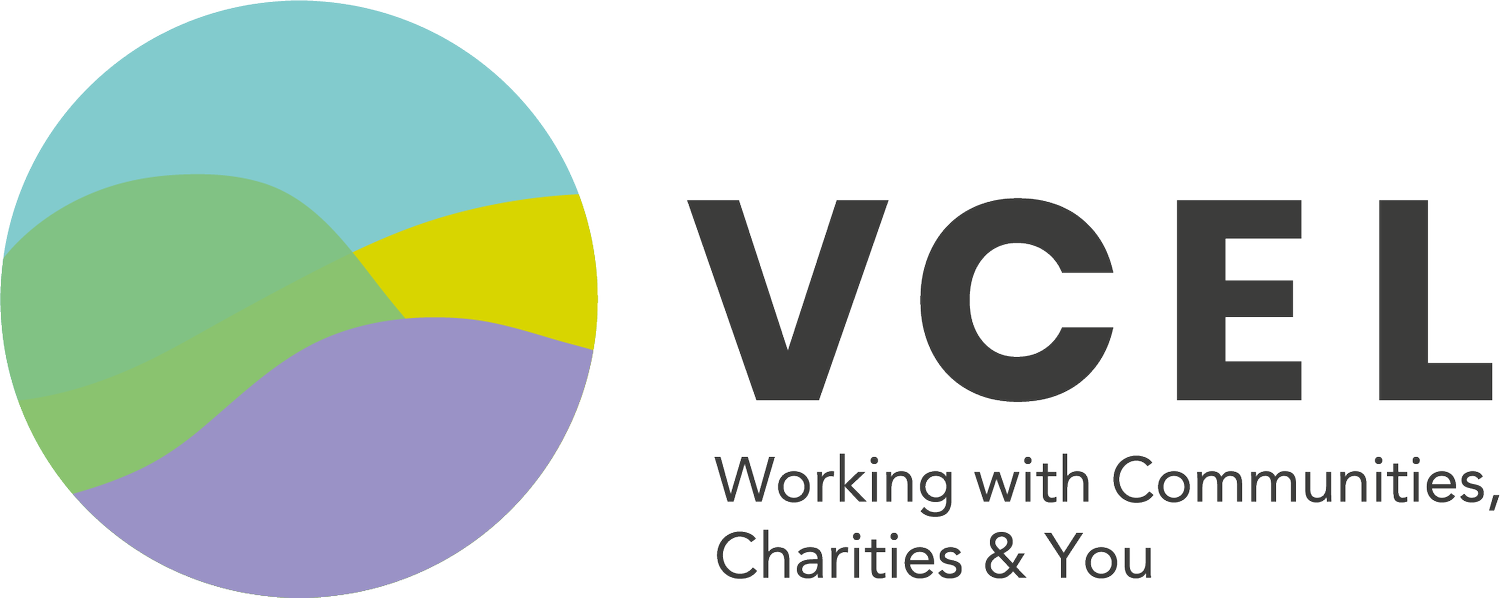‘Healthy Planet, Healthy People’: Community-led Award
‘Healthy Planet, Healthy People’: Community-led Awards are designed to support community*-led research**. The awards are available to cover eligible costs arising from a defined research project. Funding will be provided to support new and existing research projects that promote the health of individuals through fostering healthy environments and communities, and enabling access to healthy foods.
The Williamson Trust and RSE are looking to award ten demonstrator pilot-scale projects led by community-based individuals or organisations, who would each receive an award amount of up to £5,000 to conduct a research project for up to 12 months.
*Community is defined as a group of people who share an identity-forming narrative.
**Research is defined here as the creation of new knowledge, or the use of existing knowledge, to help build practical solutions to targeted challenges.
APPLICANT ELIGIBILITY
The awards are open to applications from groups or individuals who can demonstrate that they could lead and deliver on the proposed research project. Academics can apply for these awards provided the research is community-led.
Applications from groups should have a named lead applicant. This person will be the key contact with the RSE. Lead applicants should be available for the entirety of the project including the reporting period.
Only incorporated community groups or organisations are eligible to apply if they are one of the following: A charitable trust, registered charity, educational institution, research institution, cultural institution, community interest company (CIC), social enterprise, cooperative society, local authority, community benefit society, voluntary or community group, non-profit company limited by guarantee.
Unincorporated community groups are welcome to apply but will need to clearly state who will sponsor their work (e.g., a constituted group which is happy to hold the funding on their behalf).
Lead applicants (whether an individual, organisation or group) must be based in Scotland. We welcome consortium applications. Collaborations may be between Scottish or overseas (UK and overseas) Higher Education Institutions and/or practitioners, small to medium-sized enterprises, policy makers, research institutions, further education institutions and cultural institutions provided that the lead applicant is based in Scotland and the key principles of the award’s scheme are recognised (all collaborators should be from our list of eligible community groups or organisations – please see the full list in the terms and conditions).
A new application will not be considered when a report on a previous RSE award is overdue. This applies to lead applicants only who are listed as lead applicant on another award.
PROJECT ELIGIBILITY
Applicants may submit only one proposal.
‘Healthy Planet, Healthy People’: Community-led Awards are funded for up to 12 months. There is no minimum length of project.
‘Healthy Planet, Healthy People’: Community-led Awards can be held in any discipline however must speak to one of three topics:
Climate
Nature
Food
Projects should fall broadly under three types:
People: awarded projects may identify neglected voices on particular topics and conduct research on this topic guided by these voices, taking a people-centred approach.
Example 1: Establish and run a citizens’ assembly to develop a practical strategy to improve the ‘food environment’*** within a local community to support healthy eating and improve health. The assembly would bring together key groups and voices, develop an understanding of what a food environment is, how it impacts health, improves the food environment, and enables pathways for change. The key here is who gets to engage and be involved in this work and not just the outcomes. Projects will imagine and create a process that puts people, their narratives and their needs at the core. We are keen to see underserved communities and participants who do not routinely have the opportunity to participate in these types of projects. Follow on funding could then be sought to make the proposed changes to the food environment.Problem: awarded projects may address and identify issues through data collection and analysis.
Example 2: To improve nutrition for the elderly, a key first step is to collect data (from all available sources, including supermarket purchasing data, national & local surveys, interviews etc) with elderly people to ascertain what they eat, its nutritional value, where it is consumed, and where and how it is obtained. Data analysis would be undertaken to understand how various groups of elderly people within the community engage with and respond to food challenges. Follow on funding could then be sought to develop practical and culturally sensitive interventions to improve the nutrition of at risk groups.Practice: awarded projects may propose novel practical solutions to an established problem.
Example 3: A decline in insect pollinators (including bees and butterflies) has been identified within a local community. This is impacting the beauty and health of both the wild and cultivated spaces within the community. A practical, long-term plan to address this biodiversity loss would be developed in conjunction with all local stakeholders, including residents, farmers, business owners and the Parish Council. Follow on funding could then be sought to implement the plan.
Impact of the project should be Scottish based, although it may be transferable to other communities.
Individual applicants will be required to submit a letter of support from an eligible organisation. The letter of support may come from registered charities, educational institutions, cultural institutions, local authorities, or businesses.
*** Food environments are the physical, economic, political, and socio-cultural contexts in which people engage with the food system to make their decisions about acquiring, preparing, and consuming food. Food environments are a combination of the ‘spaces’ in which people make decisions about food, and the foods and drinks that are made available, accessible, affordable, and desirable in those spaces. The food environment concept shows us that the choices we make about food are, to a significant degree, shaped by the contexts within which they are made. Following this, is the recognition that the most effective and equitable way to change food behaviours is to change the structural factors that drive food choice (for more information, please see: https://epha.org/what-are-food-environments).
APPLICATION PROCESS
Applications are welcomed from noon 16 October 2023 – noon 22 January 2024.
Once into your profile, access and complete the online application – access to the application form is only available if you are logged-in. Google Chrome is the recommended browser.

